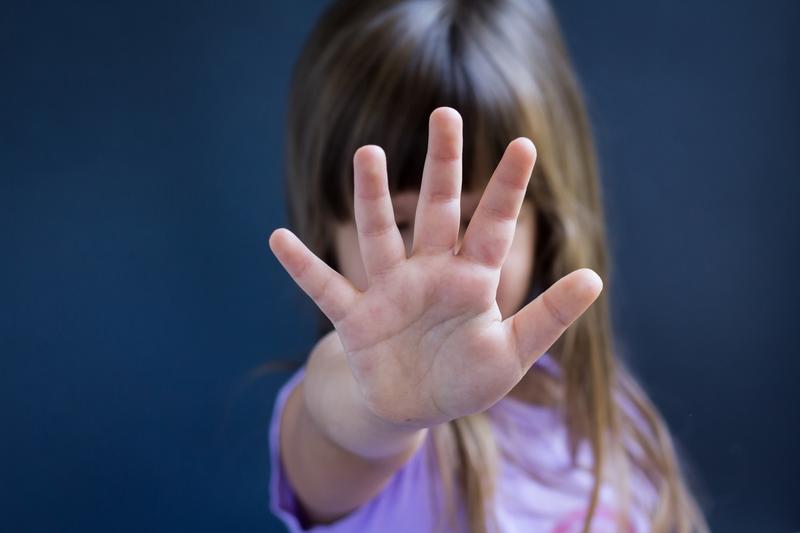Guest blog: New collaboration aims to reduce impact of trauma on children fleeing domestic abuse
UK Trauma Council and Refuge are developing a new intervention to support recovery for children and young people after domestic abuse .

The UK Trauma Council (UKTC) is a project of Anna Freud with a mission to significantly improve the help children and young people receive following traumatic events and experiences.
My role at the Council is to manage the development and dissemination of our work, drawing on the knowledge of childhood trauma* experts and people with lived experience.
In March 2024, we announced a new and potentially transformational collaboration with Refuge, the UK's largest domestic abuse organisation.
The statistics behind our collaboration are stark. Two women a week are killed by a partner or former partner1 and one-in-five children have lived with domestic abuse2. Over the next three years, we will work in partnership with Refuge to develop an intervention designed to reduce the impact of trauma on children and families who’ve been affected by domestic abuse.
Neuroscience shows that trauma early in life can negatively influence brain system development. However, the brain can also adapt again in response to new positive experiences. Our work will use this as the basis to improve long-term mental health outcomes, build wellbeing and shift the dial in the support children and families receive.
About the UK Trauma Council
The UK Trauma Council is the first UK-wide platform that brings together expertise in research, practice, policy and lived experience in the field of childhood trauma. We were established in 2019 and we’re supported by Anna Freud.
Our vision is to create a world that nurtures and protects children and young people following trauma and builds understanding of how to reduce the impact of traumatic events. We support professionals, communities and policy makers through developing resources, guidance and training in responding to traumatic events that impact on children and young people.
As Anna Freud highlighted in its Thinking differently manifesto, childhood trauma is the most significant modifiable risk factor for mental ill health3. Through our work, we aim to widen the collective understanding of trauma, so children and young people affected can be given the best chance of recovery.
Our approach draws on the best available evidence about how to respond to trauma, combined with thoughtful consultation with intended audiences and those with lived experience. Recent resources were aimed at young people affected by war, migration and asylum as well as the professionals supporting them in both educational and community settings.
Our Refuge partnership
We have significant experience of providing clinical support to children and families affected by trauma. However, creating an effective and viable intervention to support children and families affected by domestic abuse requires additional – and external - expertise.
That’s why we’re so delighted to be working with Refuge on this project. Their services support thousands of survivors, helping them to overcome the physical, emotional, financial and logistical impacts of abuse and rebuild their lives free from fear.
Denise Brown, Refuge’s Interim Director of Service Delivery said: “Working in partnership with the UK Trauma Council is a fantastic opportunity to develop and share best practice to support children’s wellbeing and make a real difference in rebuilding their lives following domestic abuse.
“We know when we work together, sharing our expertise, we can make the most positive change and have a much wider resource to support those that need it most.”
Our impact
This partnership project will run until the end of 2026. Throughout the three years of our collaboration, we will work closely with abuse survivors, frontline staff and experts working in the fields of childhood trauma and domestic abuse. Our intervention will be piloted and evaluated, to ensure it is evidence-based and rooted in the experiences and needs of survivors, before its widespread dissemination in 2026. You can learn more about our collaboration by subscribing to the UK Trauma Council’s newsletter where we’ll keep you regularly up to date.
If you or someone you know is experiencing domestic abuse and need help now, contact Refuge.
Additional information:
Office for National Statistics (ONS), released 24 November 2023, ONS website, article, Domestic abuse and the criminal abuse and the criminal justice system, England and Wales: November 2023
* We define trauma as the way that some distressing events are so extreme or intense that they overwhelm a person’s ability to cope, resulting in lasting negative impacts.